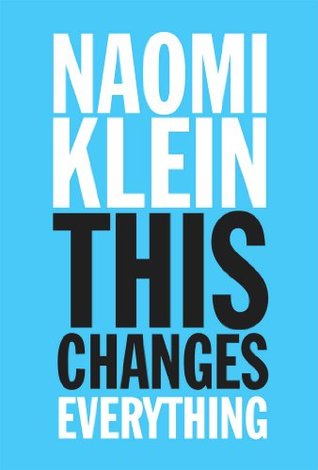In The New York Times in 2011, for instance, then-president Marcus Stephen wrote that Nauru provides “an indispensable cautionary tale about life in a place with hard ecological limits.” It shows, he claimed, “what can happen when a country runs out of options. The world is headed down a similar path with the relentless burning of coal and oil, which is altering the planet’s climate, melting ice caps, making oceans more acidic and edging us ever closer to a day when no one will be able to take clean water, fertile soil or abundant food for granted.” In other words, Nauru isn’t the only one
In The New York Times in 2011, for instance, then-president Marcus Stephen wrote that Nauru provides “an indispensable cautionary tale about life in a place with hard ecological limits.” It shows, he claimed, “what can happen when a country runs out of options. The world is headed down a similar path with the relentless burning of coal and oil, which is altering the planet’s climate, melting ice caps, making oceans more acidic and edging us ever closer to a day when no one will be able to take clean water, fertile soil or abundant food for granted.” In other words, Nauru isn’t the only one digging itself to death; we all are.22 But the lesson Nauru has to teach is not only about the dangers of fossil fuel emissions. It is about the mentality that allowed so many of us, and our ancestors, to believe that we could relate to the earth with such violence in the first place—to dig and drill out the substances we desired while thinking little of the trash left behind, whether in the land and water where the extraction takes place, or in the atmosphere, once the extracted material is burned. This carelessness is at the core of an economic model some political scientists call “extractivism,” a term originally used to describe economies based on removing ever more raw materials from the earth, usually for export to traditional colonial powers, where “value” was added. And it’s a habit of thought that goes a long way toward explaining why an economic model based on endless growth ev...
...more
This highlight has been truncated due to consecutive passage length restrictions.


